Optimal Timing for Pool Resurfacing
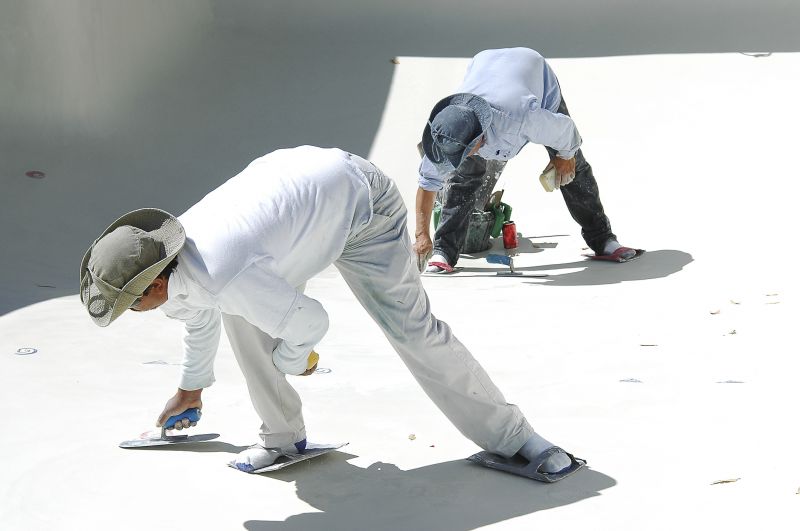
Late spring to early summer is ideal for resurfacing, allowing ample time for curing before peak usage.
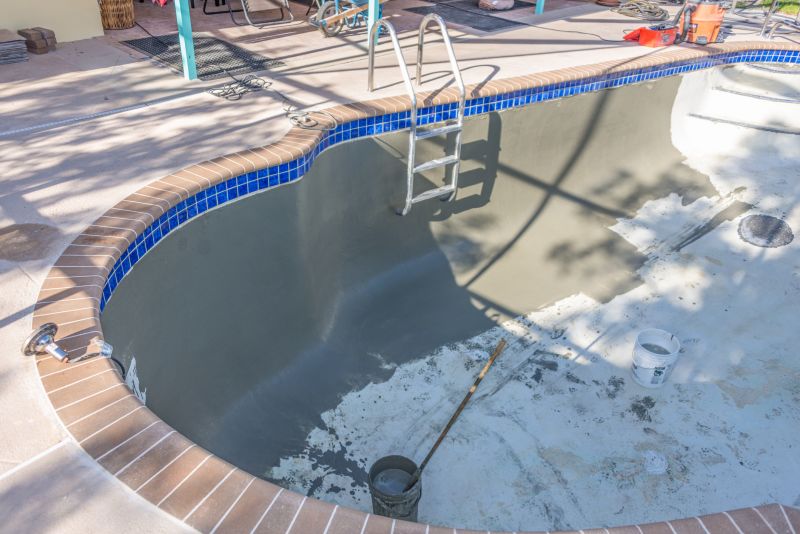
Late fall or winter can be suitable, especially in regions with mild winters, to minimize disruption during peak swimming months.
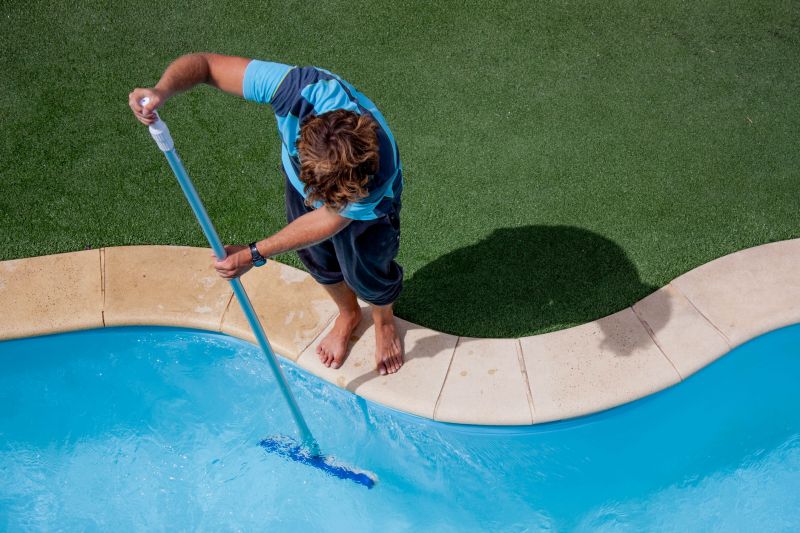
Performing resurfacing early in spring ensures the pool is ready for the summer season.
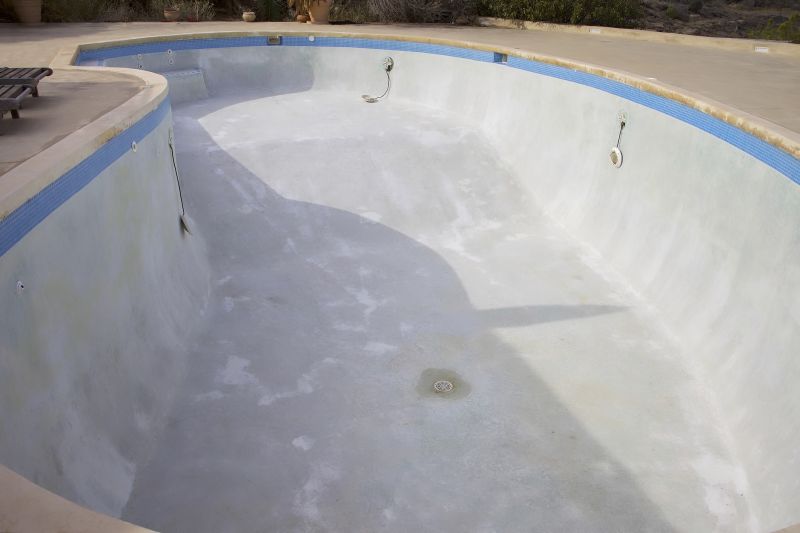
Ways to make Swimming Pool Resurfacings work in tight or awkward layouts.
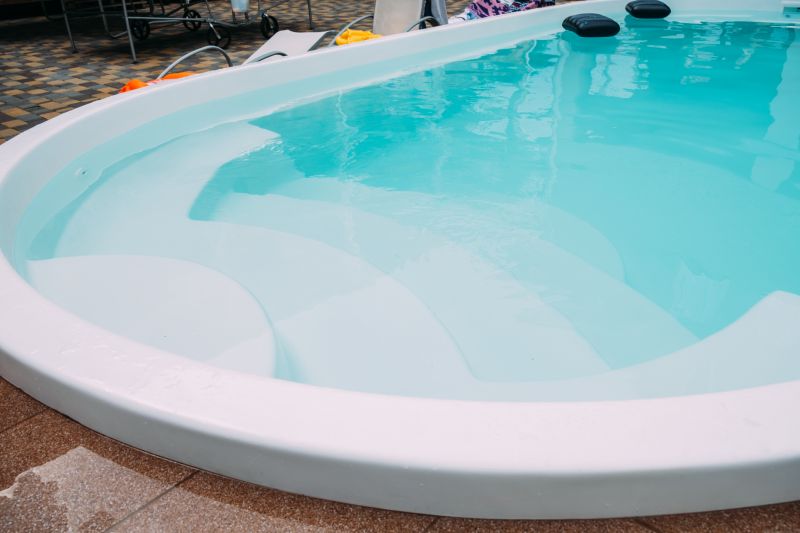
Popular materials for Swimming Pool Resurfacings and why they hold up over time.
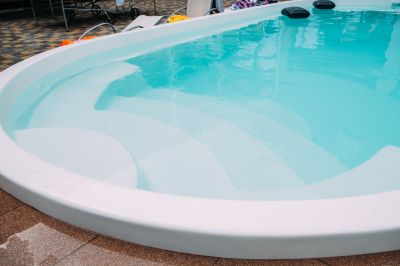
Simple add-ons that improve Swimming Pool Resurfacings without blowing the budget.
Swimming pool resurfacings involve renewing the interior surface of a pool to restore its appearance and functionality. This process typically includes removing the old surface, repairing any underlying damage, and applying a new coating or finish. Proper timing is crucial to ensure the resurfacing material cures correctly and the pool remains functional for the upcoming swimming season.
Statistics indicate that scheduling resurfacing during mild weather conditions can reduce the risk of surface cracks and other issues caused by temperature fluctuations. Additionally, planning ahead allows for sufficient curing time, which is essential for the longevity of the new surface. The optimal window varies depending on regional climate, but generally, late spring or early fall offers the best conditions for successful resurfacing projects.
Temperature and humidity levels influence curing times and surface adhesion, affecting the timing of resurfacing projects.
Scheduling during periods of lower pool usage minimizes inconvenience and allows for proper curing without disturbance.
Different resurfacing materials have specific temperature and humidity requirements for optimal application.
Allow sufficient lead time for surface preparation and drying before the desired pool reopening date.
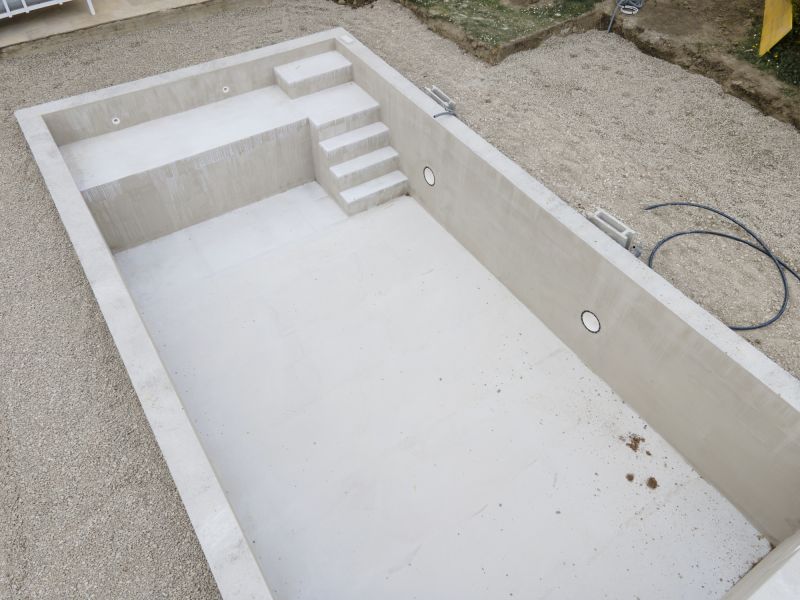
A technician preparing the pool surface for new coating.
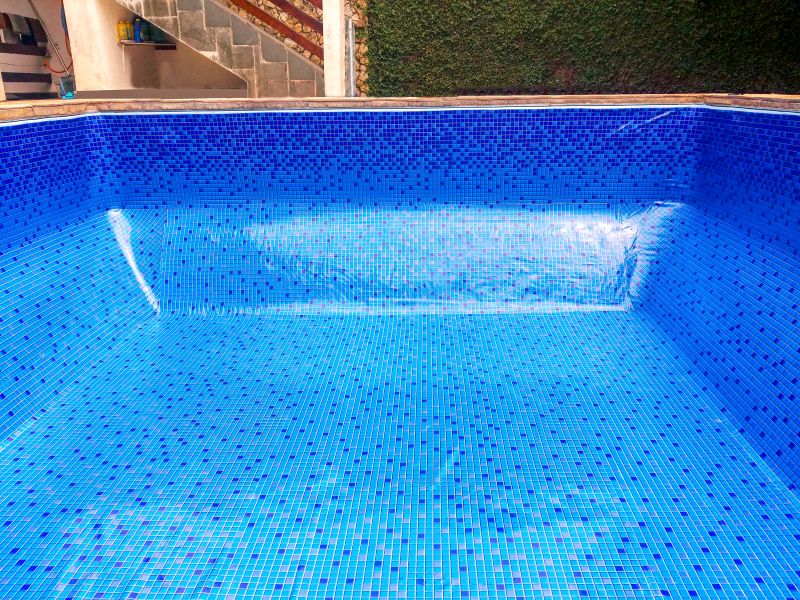
The application of a durable resurfacing material.
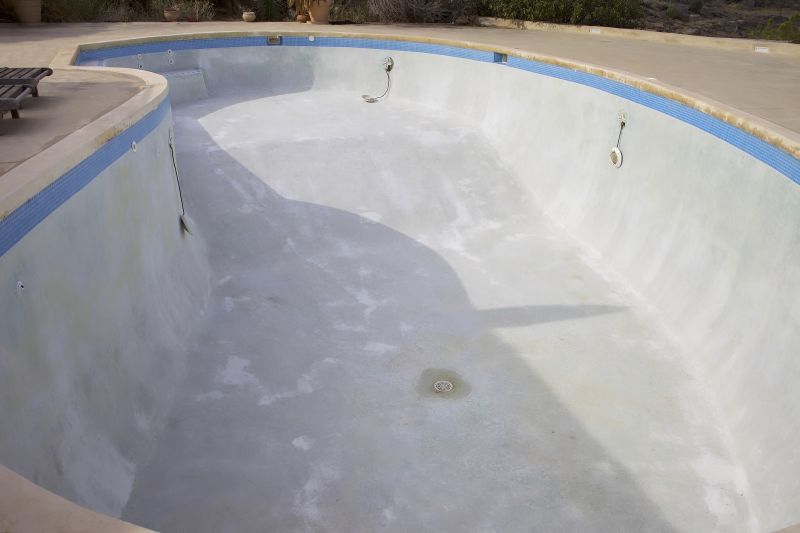
Allowing the surface to cure properly before refilling.
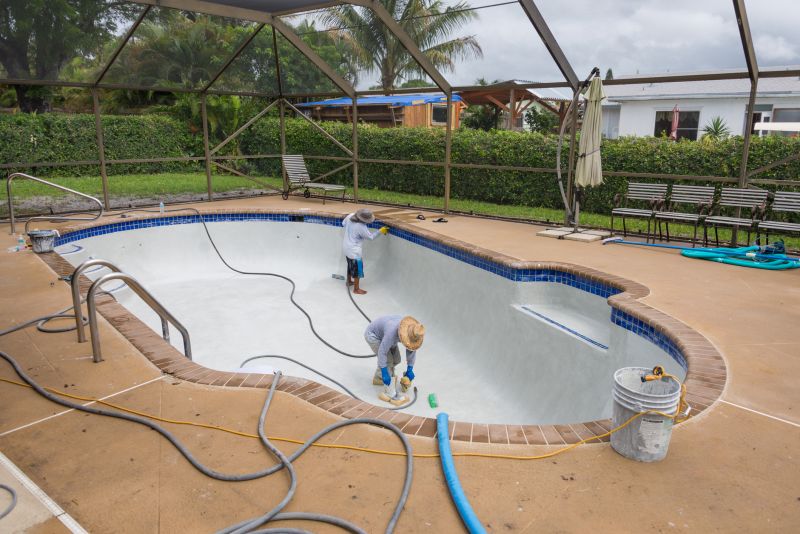
A freshly resurfaced pool ready for use.
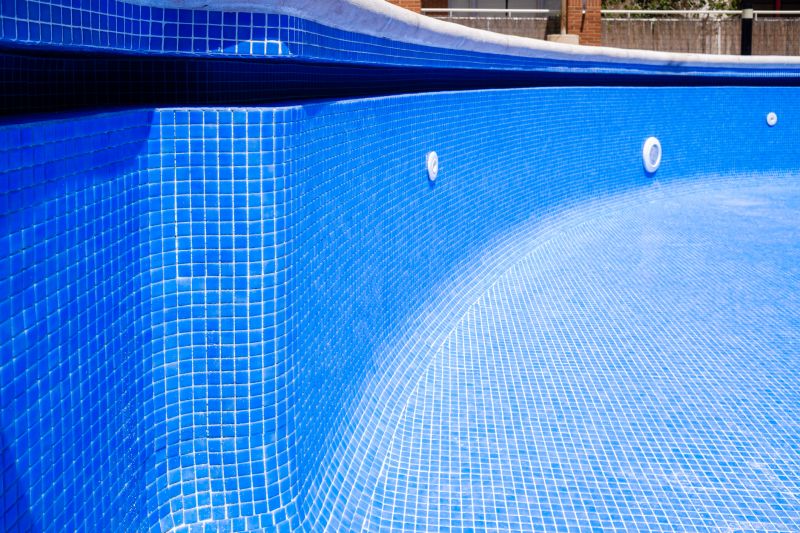
Checking for even application and adhesion.
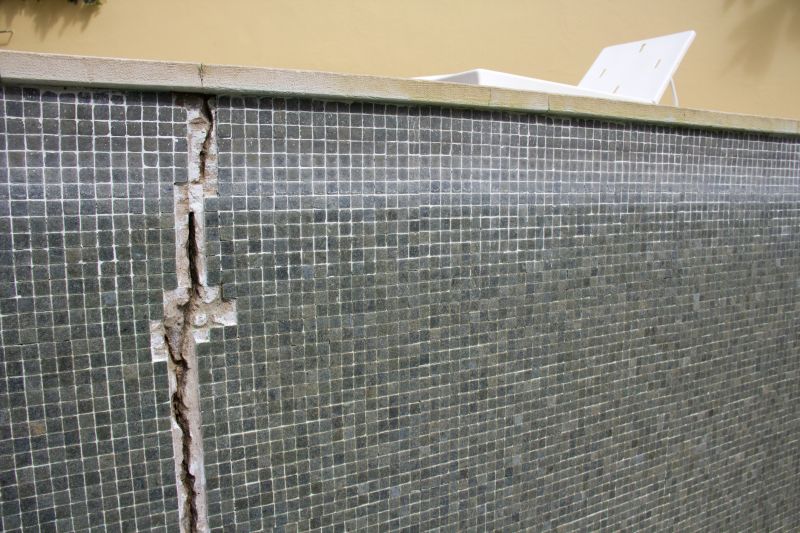
Fixing cracks or damages before resurfacing.
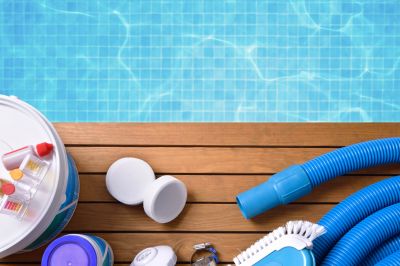
Tools used in surface removal and prep work.
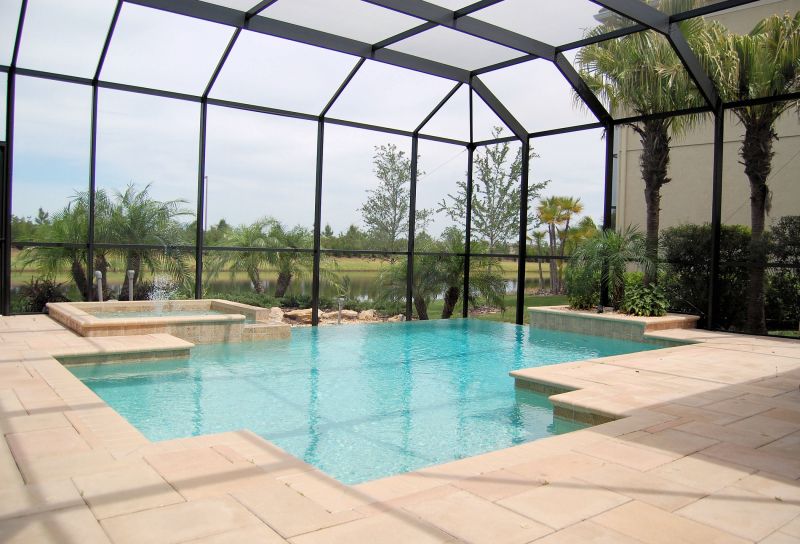
Different options like plaster, pebble, or quartz finishes.

High-end options that actually feel worth it for Swimming Pool Resurfacings.
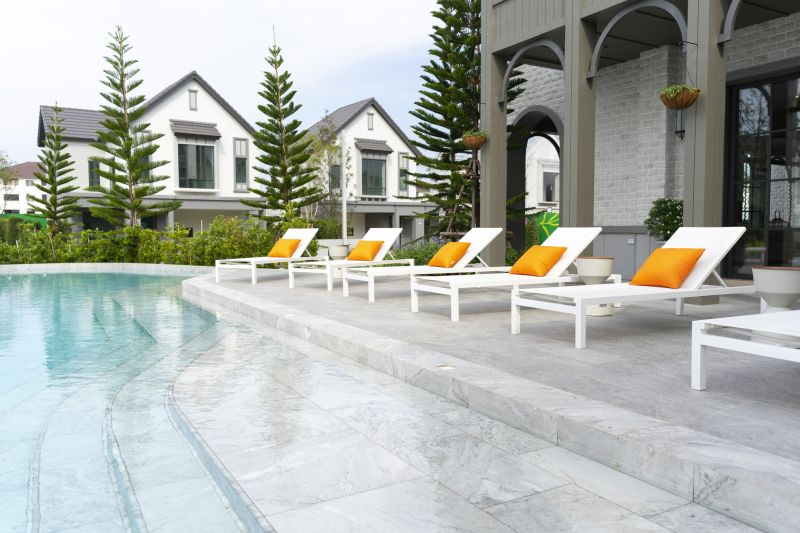
Finishes and colors that play nicely with Swimming Pool Resurfacings.
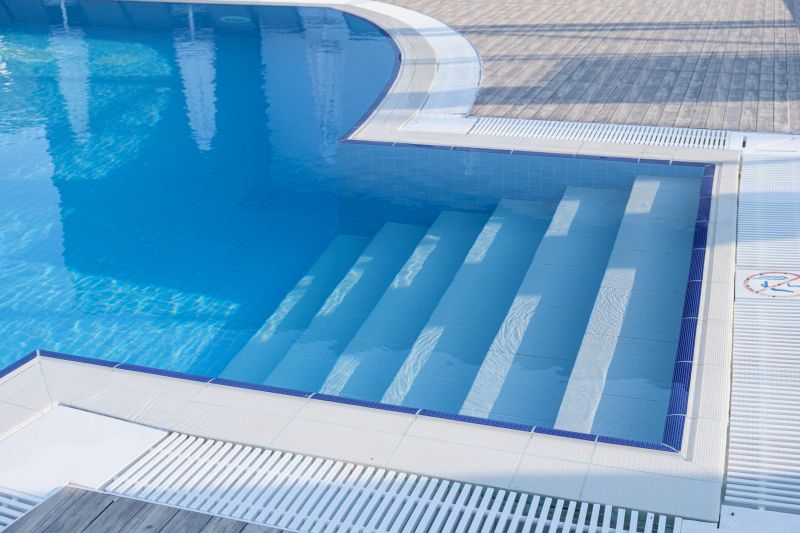
Little measurements that prevent headaches on Swimming Pool Resurfacings day.
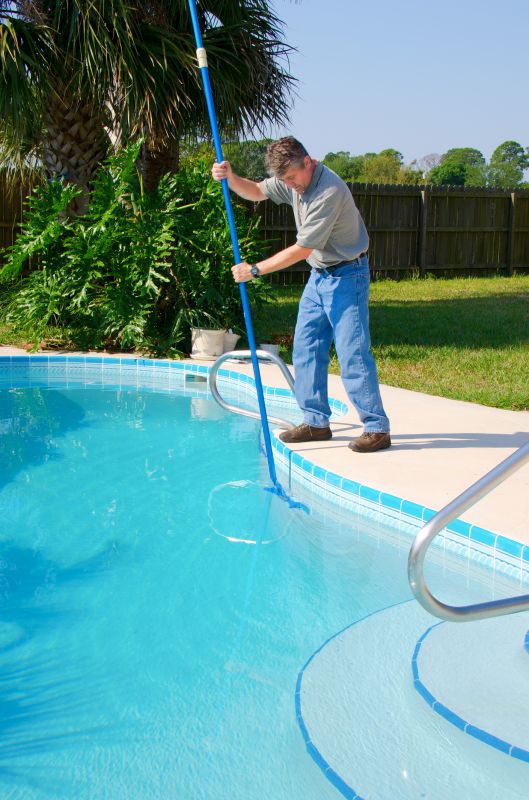
A 60-second routine that keeps Swimming Pool Resurfacings looking new.
| Season | Advantages |
|---|---|
| Spring | Allows for curing before summer usage; ideal for early planning. |
| Summer | Not recommended due to high temperatures affecting curing. |
| Fall | Good for off-season projects; minimizes disruption. |
| Winter | Suitable in mild climates; ensures readiness for spring. |
| Late Winter/Early Spring | Prepares pool for summer; optimal curing conditions. |
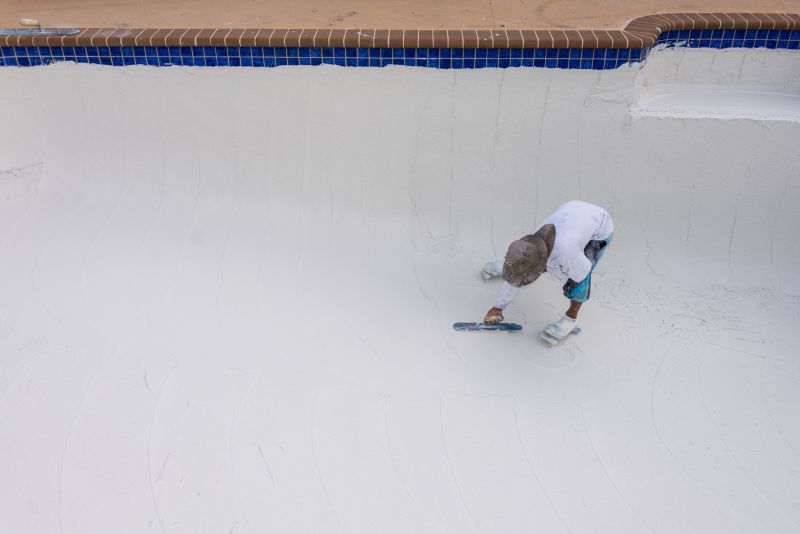
A vibrant, smooth surface after completion.
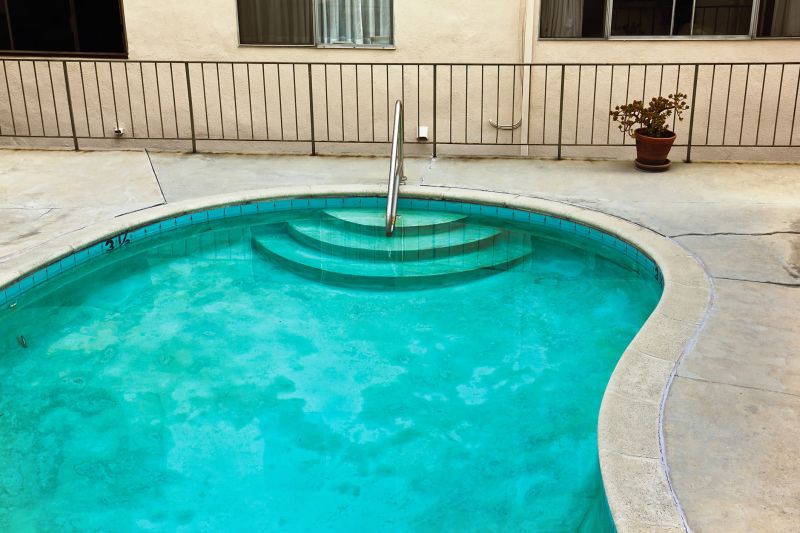
Surface cleaning and crack repairs before resurfacing.
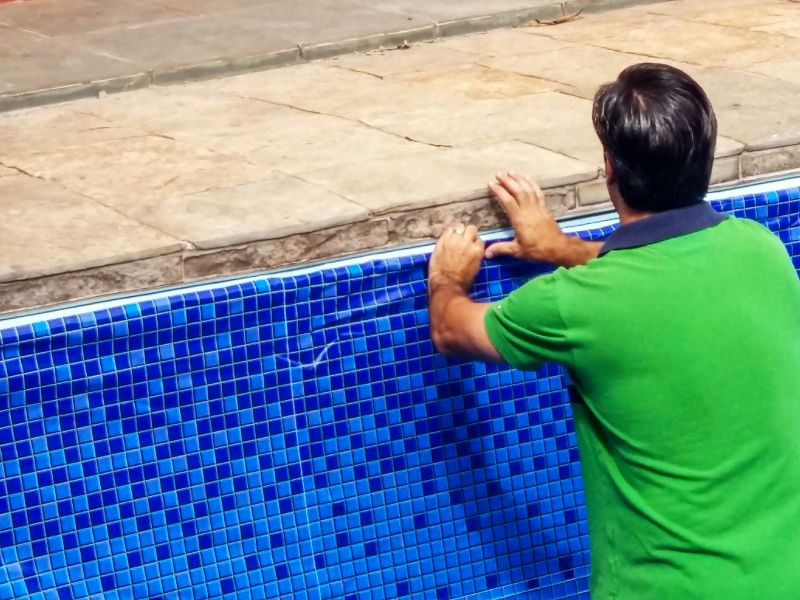
Applying the new surface layer with precision.
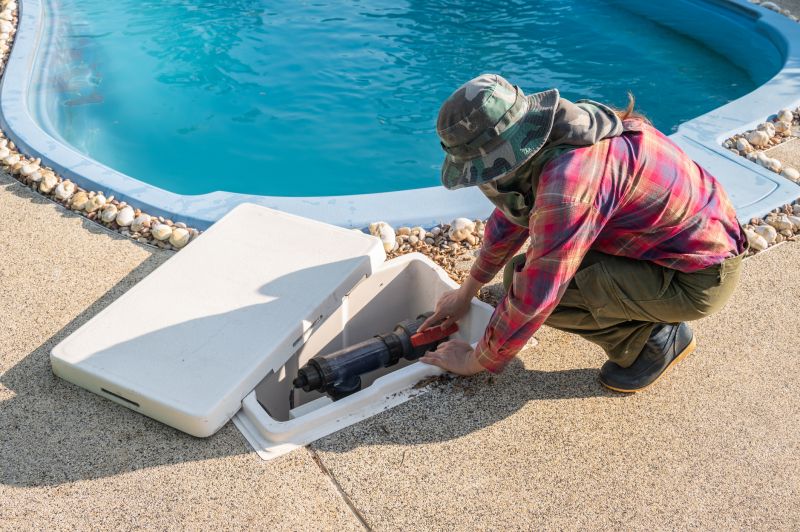
Ensuring quality before refilling the pool.
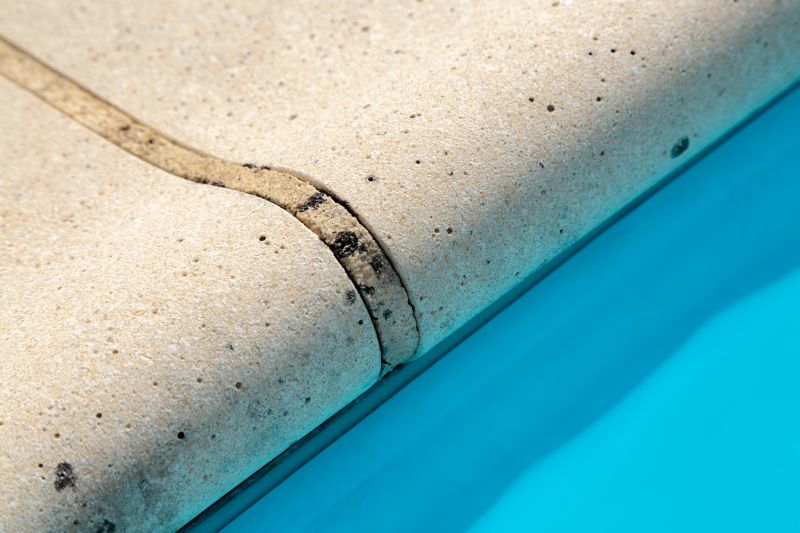
A frequent mistake in Swimming Pool Resurfacings and how to dodge it.
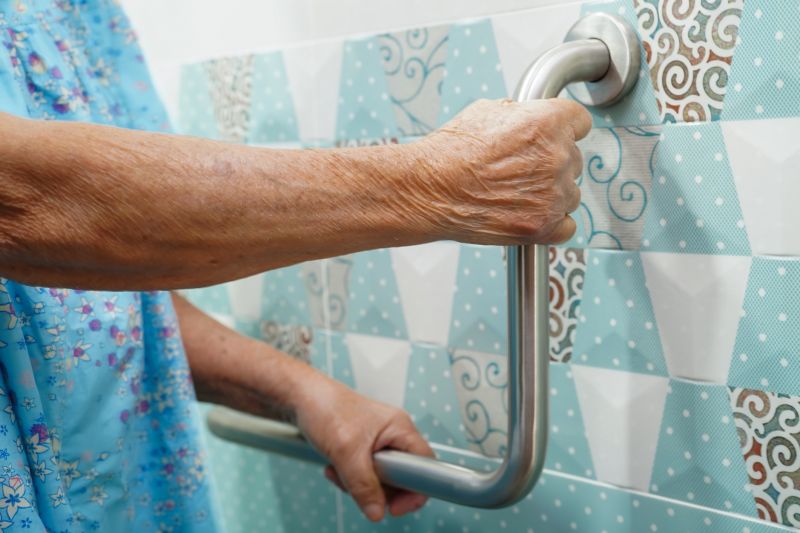
Small tweaks to make Swimming Pool Resurfacings safer and easier to use.
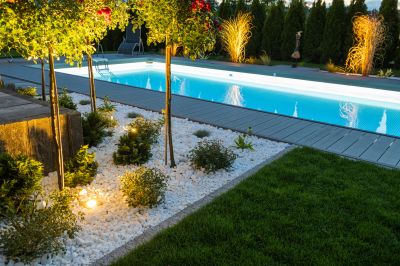
Lower-waste or water-saving choices for Swimming Pool Resurfacings.
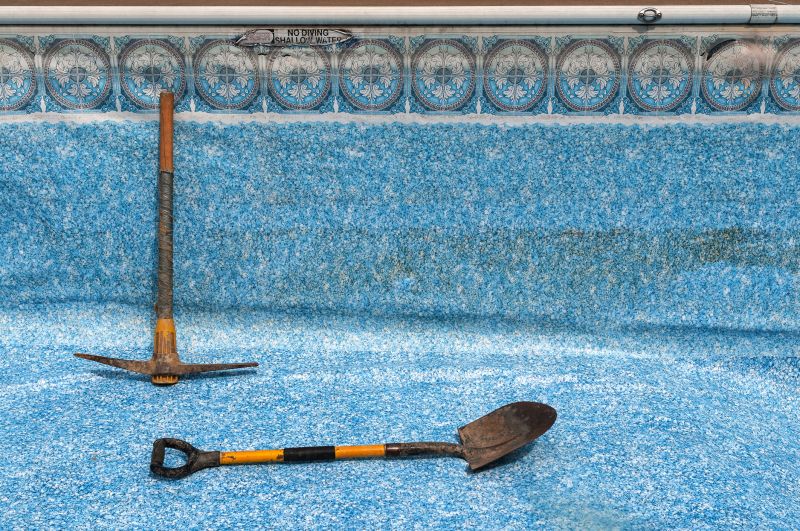
The short, realistic tool list for quality Swimming Pool Resurfacings.
Interested in scheduling a swimming pool resurfacing? Filling out the contact form provides an opportunity to discuss timing options and project details, ensuring the best results for the pool surface renewal.
